Have you ever had that nagging feeling that your social media accounts might be vulnerable to hacking? Unfortunately, it’s not an uncommon fear, and the reality is that millions of people fall victim to social media hacking every year. It’s not just embarrassing – it can also be downright dangerous!
But fret not, my friends, because in this post, we’ve got your back. We’ve compiled 7 practical tips to help you avoid getting hacked and keep your online presence secure. While no security measure is foolproof, following these tips can significantly reduce the likelihood of your social media accounts being compromised.
Let’s face it, social media has become a crucial part of our daily lives. We use it to connect with our loved ones, share our experiences, and stay updated on the latest news and trends. However, with its growing popularity comes the growing threat of cyber-attacks. Social media hacking is a real danger that affects millions of people worldwide, and the consequences can be severe.
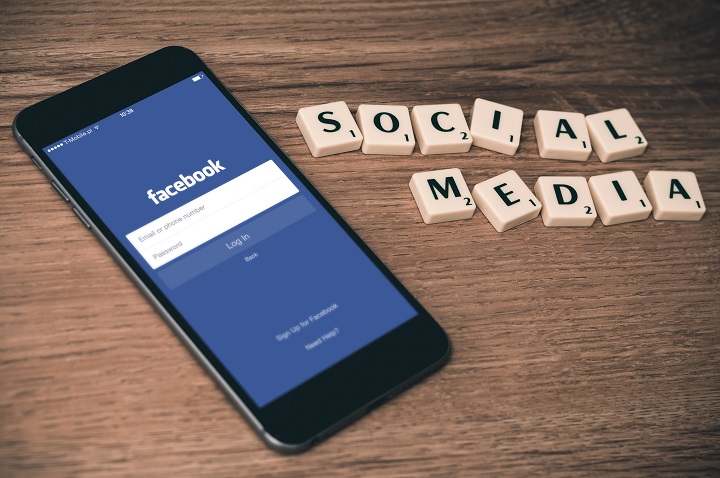
Did you know that according to Facebook, almost half of the 30 million accounts that were affected by the 2018 hack had their personal information accessed by hackers? Yikes! That’s why we’ve put together these practical tips to help you keep your social media accounts secure. These tips are easy to implement and will help you stay safe and keep your mom proud. So whether you’re a social media enthusiast or a casual user, we’ve got you covered.
Tip #1: Choose a Strong Password
Let’s start with the basics: your password. A weak password is like an open invitation for hackers to take over your account. And trust me, you don’t want that. So, what makes a password weak? Well, if it’s something simple like “password” or “12345,” you might as well write it on a billboard for the world to see. Hackers can easily crack these kinds of passwords, leaving you vulnerable to all kinds of online attacks.
Think about it this way: if your password is “password123,” it’s not a strong password; it’s a hack waiting to happen! You might as well just leave your front door wide open and welcome hackers into your digital life. So, avoid using common words, phrases, or easy-to-guess combinations.
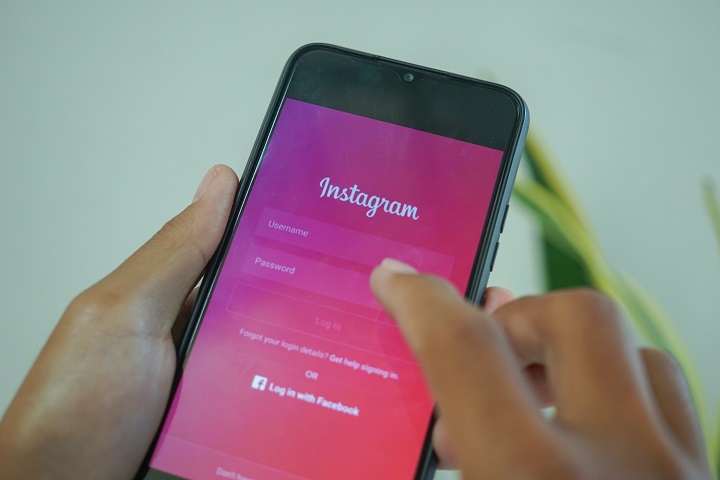
And don’t think you’re clever by using your dog’s name or your birthday. Unless you want to get hacked by your grandma, choose a strong password that even she couldn’t guess. And trust me, if my grandma can’t guess it, no one can. So, get creative with your password and make it as strong as possible. Your online security depends on it!
Tip #2: Enable Two-Factor Authentication
Two-factor authentication adds an extra layer of security to your account by requiring a code in addition to your password. This means that even if a hacker knows your password, they still won’t be able to get into your account without the code.
Imagine this – you’re minding your own business, scrolling through your feed, and suddenly you receive a notification with a code. You’re like, “What the heck is this code for?” Well, my friend, that’s the code you need to enter to confirm that it’s really you logging into your account. It’s like a secret handshake, but for the internet.
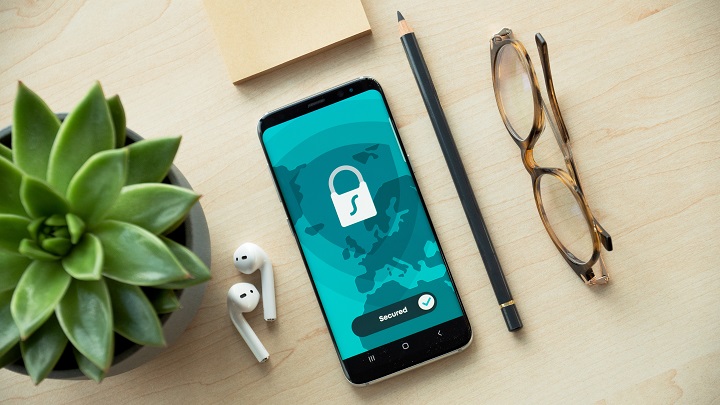
Now, I know what you’re thinking. “But, I already have a strong password. Why do I need two-factor authentication?” Let me ask you this – if your ex can’t even remember your birthday, do you really think they can hack into your account with two-factor authentication? I mean, come on, they couldn’t even remember to pick up your favorite ice cream on the way home.” Two-factor authentication is just another way to keep those pesky hackers out of your business. It’s like having a bouncer at the door of your favorite club – sure, you may have a VIP pass to get in, but you still have to show your ID and prove you belong there. And even if a hacker somehow manages to crack your password, they still won’t be able to get into your account without the code from two-factor authentication. So, it’s like having a VIP pass with an extra secret handshake. Plus, enabling two-factor authentication is usually as easy as downloading an app or sending a text message. So, why not add that extra layer of security and give those hackers a run for their money?
Tip #3: Don’t Click on Suspicious Links
Listen up, this is an important one. Hackers are always on the prowl, trying to get their grubby little hands on your precious account information. One of the ways they do this is by sending you phishing emails or links that trick you into giving them access to your account. Don’t be fooled!
If you receive an email that looks suspicious, even if it appears to be from a trusted source, don’t click on any links until you’ve double-checked that it’s legitimate. For example, if you get an email from your bank asking you to reset your password, don’t click on the link right away. Take a moment to verify that the email is really from your bank and not from some random hacker pretending to be your bank.

And here’s a little secret for you all: if it looks fishy, it’s probably not a real email from your Nigerian prince cousin. Sorry to break it to you, but you’re not actually getting millions of dollars just for helping out a long-lost relative. So, always be skeptical of suspicious emails and links. It’s better to be safe than sorry.
Tip #4: Keep Your Software Up-to-Date
Outdated software can have security vulnerabilities that hackers can exploit, which is why it’s essential to keep everything up-to-date.
Make sure to regularly update your phone and computer’s operating system and applications. It’s easy to put off updates, but they often include important security fixes that can prevent hackers from exploiting weaknesses in your software.
Now, I know some of you out there might still be using a flip phone or an old desktop computer from the early 2000s. And if that’s the case, you’re probably safe from hackers, but you’re also stuck in a time warp. It’s time to upgrade, my friend! Embrace the modern world and keep your software up-to-date to stay safe online.
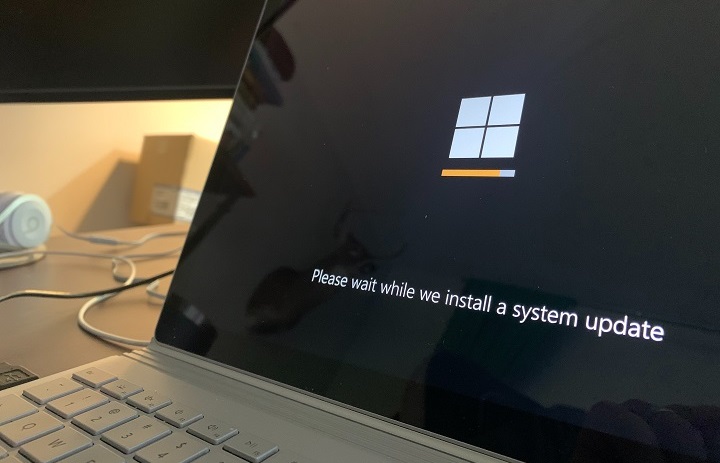
Additionally, it’s important to note that older software versions may not be supported by the developer anymore, which means that they’re no longer receiving security updates. So, not only do you risk being vulnerable to attacks, but you also may miss out on new features and bug fixes that come with updates.
Tip #5: Be Careful What You Share Online
Sharing personal information online has become so commonplace that many people don’t even think twice about it. But oversharing can have serious consequences when it comes to online security. Hackers are experts at piecing together information from various sources to create a complete profile of their target. So, be mindful of what you share online and think twice before posting personal information.
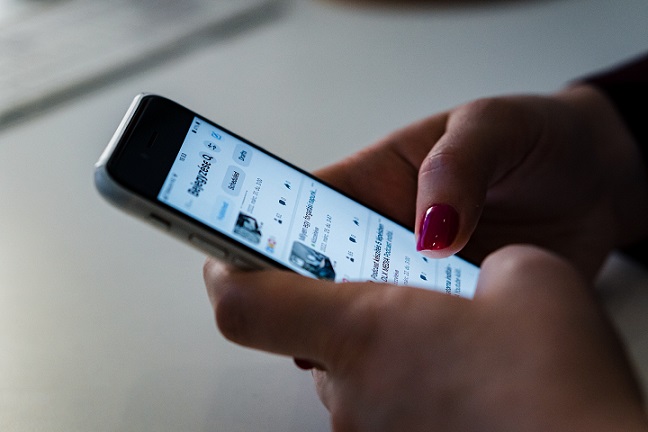
When it comes to security questions, it’s important to choose answers that are unique and not easily guessable. For example, instead of using your mother’s maiden name, consider using the name of a childhood friend or a favorite vacation spot. By doing so, you’ll make it much more difficult for hackers to gain access to your accounts.
And if your password is something as simple as your pet’s name, it’s time to step up your password game. Use a combination of uppercase and lowercase letters, numbers, and special characters to create a strong password that can’t be easily guessed.
Remember, the key to online security is being proactive and taking steps to protect yourself. By following these tips and being mindful of your online presence, you can stay one step ahead of the hackers and keep your accounts safe and secure.
Tip #6: Review Your Privacy Settings
Social media platforms can be overwhelming, especially when it comes to privacy settings. It’s important to take some time to review and adjust your privacy settings to ensure you’re not sharing more than you intend to with strangers or the entire internet.
Make sure to check who can see your posts, profile information, and personal details such as your email address or phone number. You don’t want to share that information with just anyone! Keep in mind that some information may be required for certain functions, such as two-factor authentication, but you can adjust who sees that information.
Let’s face it, our moms are the ultimate judges of what’s appropriate or not on social media. If your mom can see your posts and isn’t calling you every five minutes to ask about them, that’s a good sign your privacy settings are on point. But if your mom starts commenting on your bikini photos, it might be time to revisit those privacy settings.
Additionally, it’s always a good idea to test your privacy settings by having a friend or family member try to access your profile from their account. Ask them to unfriend you and see what information and posts are visible to them. This way, you can ensure that your personal information is only being shared with the people you want to see it. If you’re feeling brave, you can even ask your nosy cousin to try to snoop around your profile and see if they can find anything they shouldn’t. Just be prepared for some awkward family gatherings if they do!
Tip #7: Trust Your Guts
Your gut feeling is a powerful tool to keep you safe from potential cyber threats. It’s important to listen to your instincts when something seems off.

One common scam is when a hacker impersonates a friend or family member in distress and asks for money. Before sending any money, trust your gut and verify with a phone call or text message that the request is legitimate.
Your ex may be your ex for a reason, but that doesn’t mean they won’t try to lure you into a phishing scam. If you receive a suspicious link from an ex, it’s best to trust your gut and avoid clicking on it. Remember, your gut instinct is often the first line of defense against cyber criminals.
Summary
Now, let’s do a quick recap of the 7 awesome tips we just shared to help you avoid getting hacked on social media:
- Use strong passwords and two-factor authentication – like a ninja, protect your account by creating a strong password and activating two-factor authentication.
- Be mindful of what you click – like mom said, don’t talk to strangers, and don’t click on suspicious links, unless you want to invite some unwanted guests to your digital party.
- Don’t fall for phishing scams – be on the lookout for phishing emails and links, as these sneaky tactics can give hackers access to your personal information.
- Keep your software up-to-date – like a good tamale, keep your phone and computer’s operating systems and applications up-to-date to avoid any security vulnerabilities.
- Be careful what you share online – don’t overshare personal information on social media, especially those commonly used as security questions, unless you want to share your pizza with some hackers.
- Review your privacy settings – customize your privacy settings to avoid sharing your personal information with strangers or the entire internet.
- Trust your gut – if something seems off, it probably is. Trust your instincts and verify before clicking, especially when a friend is asking for money or your ex is acting crazy.
Remember, the importance of social media safety cannot be overstated. Not only can it protect you from personal harm, but it can also safeguard your reputation. So, put these tips into action and keep your social media accounts safe.
Now that you’ve learned the top 7 tips to avoid getting hacked on social media, it’s time to spread the word and help others stay safe online. Share this post with your friends and family and encourage them to implement these tips in their daily social media use. Remember, it’s not just about your personal security, but also your reputation. Let’s work together to keep our social media accounts safe from those pesky hackers!
And that’s it! We hope you enjoyed our tips and tricks on how to stay safe on social media. Don’t be a stranger and let us know in the comments below which tip you found most helpful. Stay safe and stay awesome!

This info is very helpful.,thanks